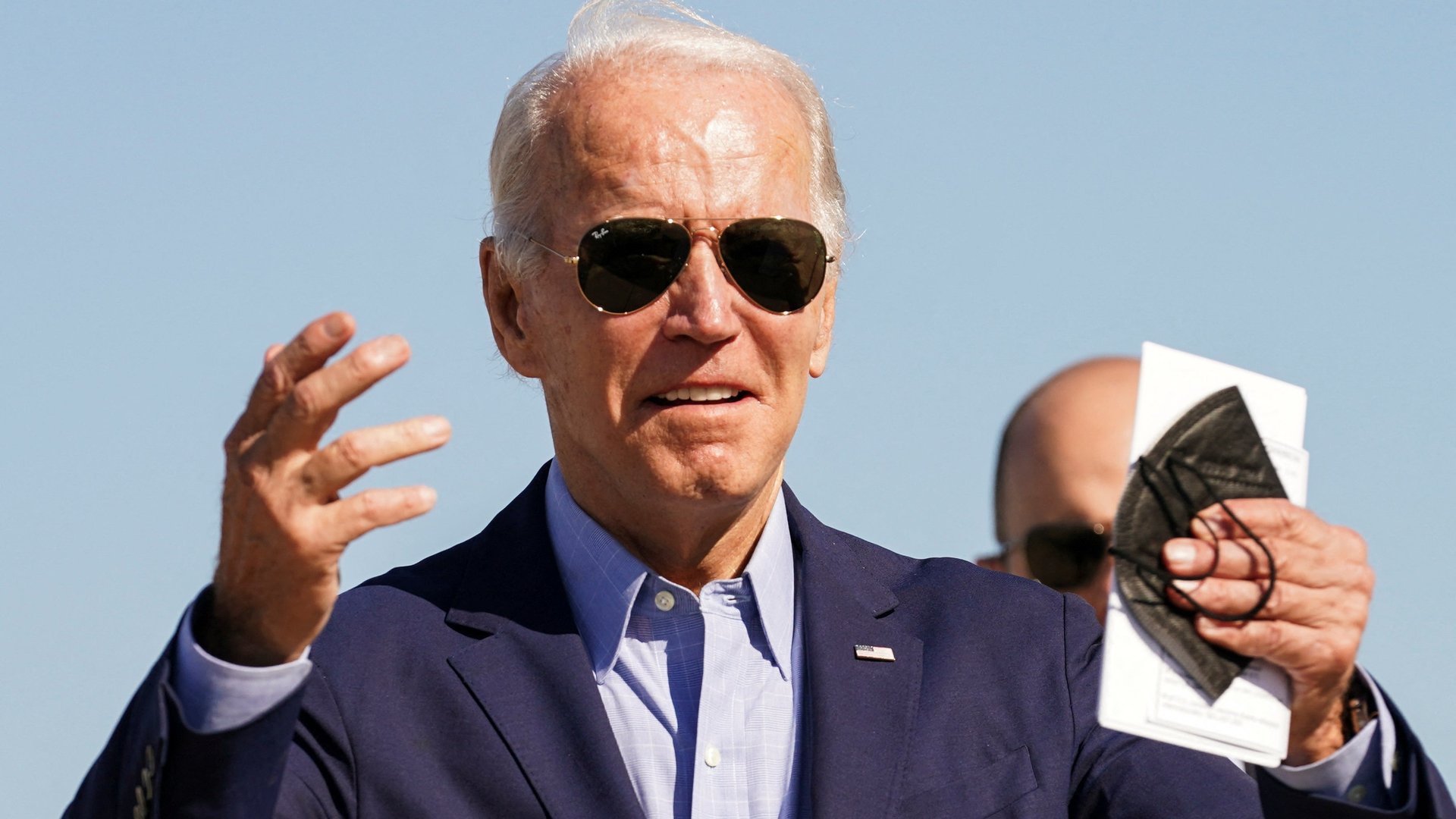The Feds shut down the internet's most popular prediction market
It's not good news for cryptocurrency fans, either

PredictIt, one of the most widely followed political forecasting markets, will have to shut down early next year after US regulators withdrew their permission for it to operate.
It’s not clear if the exchange’s operators, the Victoria University of Wellington, New Zealand, saw this coming.
The idea of a prediction market is that participants, wagering real money on their forecasts, have an incentive to predict correctly, and that the collective intelligence of the speculators will deliver useful information about the world.
The problem is that US law sees a platform for this kind of wagering as either an illegal gambling service or an unregulated financial market. Since 2014, Victoria University has operated PredictIt under an agreement with the Commodity Futures Trading Commission (CFTC) which allows it to run the exchange as a non-profit, educational effort, among other rules.
Last week, the CFTC withdrew that agreement, which is called a no-action letter, and said that PredictIt needs to shut down all its contracts by Feb. 15, 2023. The letter it sent to PredictIt did not specify what exactly the market did wrong. A CFTC spokesperson tells Quartz the details must be kept confidential, but that “the university was determined not to be in compliance with those requirements.”
“PredictIt believes they operated within the scope of the No-Action Letter,” Brandi Travis, a spokesperson for Aristotle Inc., the company that operates the exchange, said in an email. Travis claimed PredictIt did not know why the decision was made, but added that “we really appreciate that the CFTC didn’t do this on a drop dead basis and are allowing us to continue running a lot of markets to their natural close.”
Why did the CFTC withdraw its permission for PredictIt?
The CFTC’s conditions included limiting any contract to 5,000 traders and an $850 investment per trade, that the market would only be used for academic and research purposes, and that it would be run as a non-profit, without brokerage charges or commissions. Those are similar conditions to the University of Iowa’s Iowa Electronic Market, an older prediction market that is restricted to students and academic participants and has lower limits on bets.
PredictIt may have pushed the boundaries of its agreement: Aristotle Inc. takes 10% of winning bets as an operating fee, which the CFTC may see as charging for more than necessary expenses. Some observers say that certain contracts are designed to allow bettors to wager more than the maximum on a single question, for instance by splitting a field of primary candidates into several binary match-ups. It also no longer offers betting on economic indicators, instead focusing on political events across the globe. A culture of speculation has built up around PredictIt, with some participants claiming to earn tens of thousands of dollars a month betting on the site.
“A lot of reporters, bloggers, podcasts, other content channels, academics, politicians, and countless American voters count on this valuable data segment that will simply go away without us,” Travis says.
The actual utility of PredictIt’s data is difficult to establish. One recent study found that PredictIt contracts were significantly mispriced compared to those at IEM. The authors attribute this problem in part to the profit fees paid by winning bettors, which reduce the incentive for traders to arbitrage between contracts and improve their accuracy.
There is a new competitor for PredictIt
Another change in the world of prediction markets was the CFTC’s approval of Kalshi, a venture-backed, for-profit events market, in 2020. Kalshi provides a similar experience to PredictIt but is regulated as a traditional futures market. That may make it a better source of intelligence, but its data may be harder for researchers to access. Given the arrival of a true events market on the scene, the CFTC may have decided that allowing PredictIt to thrive in a gray area was a mistake.
The other big question at hand is what this decision means for cryptocurrency markets, which face many of the same challenges as events markets in the US financial system. On the one hand, Kalshi’s arrival as a new exchange shows that innovation is possible—if, like Kalshi, you’re willing to spend years working through the system. The decision to deny the Victoria University the ability to operate PredictIt, on the other hand, may be a warning for any organization attempting to trade securities that are marketed as something else.
